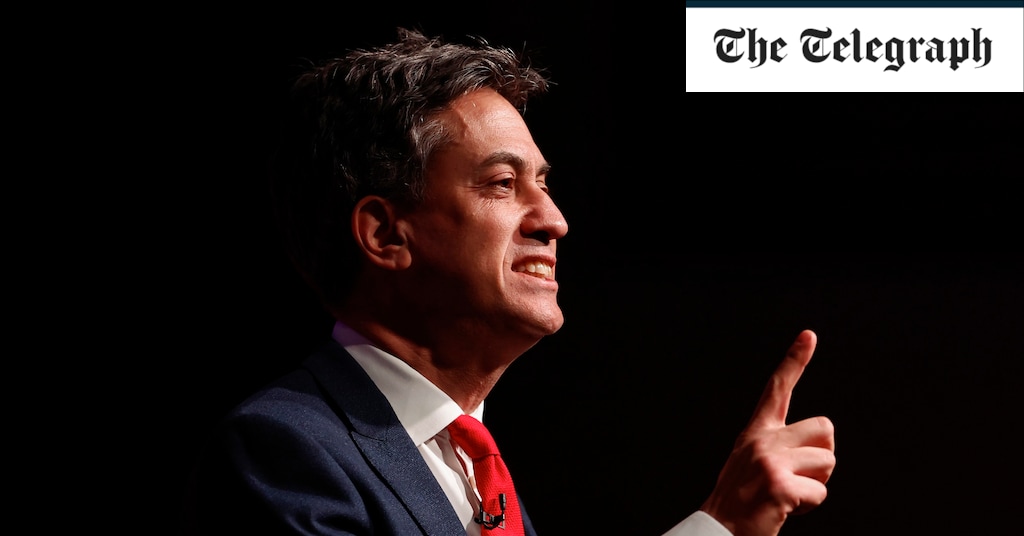The ongoing debate surrounding green energy raises numerous important questions that environmentalists are still grappling with. Questions like the efficiency of wind turbines, the feasibility of solar power in regions with limited sunlight, and the practicality of electric cars in terms of charging infrastructure continue to challenge experts in the field. However, one undeniable fact that even the most ardent environmentalists must acknowledge is the substantial cost associated with transitioning to clean energy.
The push for net zero emissions, championed by the likes of Energy Secretary Ed Miliband, is undeniably commendable and necessary for the preservation of our planet. However, it is crucial for climate activists to be transparent about the sacrifices that individuals and businesses will have to make in order to achieve this ambitious goal. In the UK, the costs of the net zero crusade led by Miliband are mounting rapidly, impacting not only households but also corporate entities.
Recent developments in the automotive industry illustrate the challenges that companies face in adapting to the transition towards electric vehicles. British car parts manufacturer Dowlais recently agreed to a £1.2 billion takeover by an American firm, citing the need for scale to navigate the evolving business landscape shaped by the UK government’s stringent electric vehicle mandate for 2030. Similarly, Japanese giants Nissan and Honda are reportedly exploring a £54 billion merger to compete with China’s dominance in the electric vehicle market.
Amidst these industry shifts, speculation continues to swirl around a potential merger between oil giants Shell and BP. The idea of a merger between these two longstanding rivals has been circulating for years, with the changing landscape of the oil industry and the push towards renewables adding urgency to the discussion. The recent decision by a Scottish judge to halt production at major oil and gas projects in the North Sea, including Shell’s Jackdaw and Equinor’s Rosebank, further underscores the challenges facing traditional oil companies.
As the world moves towards a greener future, the pressure on companies like Shell and BP to adapt and transform their business models continues to grow. The contrasting approaches of different governments, such as the US under President Donald Trump’s pro-fossil fuel agenda and the UK’s commitment to net zero emissions, further complicate the strategic decisions facing these companies. In the face of these challenges, a potential merger between Shell and BP could offer a path forward for both companies, ensuring their survival in a rapidly changing energy landscape.

